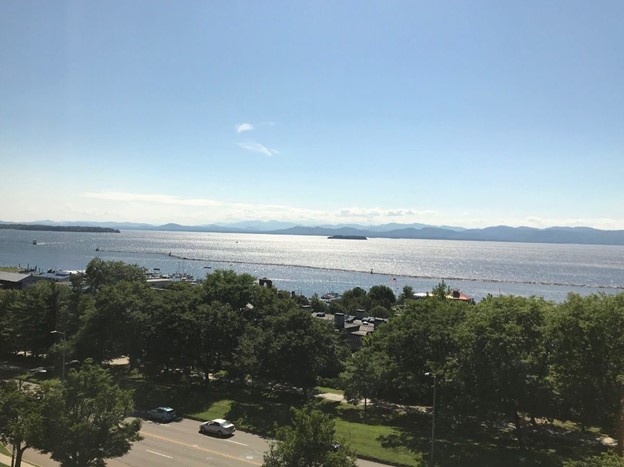ADIRONDACK ALMANACK, FRIDAY, OCTOBER 21, 2022
Fifty years ago this week, federal lawmakers overrode a presidential veto to enact the Clean Water Act, a landmark law for the nation’s water quality.
The iconic image of the Cuyahoga River on fire in Ohio spurred congressional action and ushered in a half century of major river restorations across the nation. The goals outlined in the act included restoring the country’s water to a “fishable and swimmable” state.
The law imposed new permitting requirements on polluting industries and sewage treatment plants, but it failed to address diffuse pollution from storm and agricultural runoff, the largest source of pollution in many parts of the country. The standards adopted under the law in many places are now decades old or unable to address emerging problems.
As clean water advocates have celebrated the law’s achievements this year, they have also highlighted its shortcomings. As the Supreme Court considers what types of wetlands qualify for protection under the Clean Water Act, some New York environmentalists are happy the state’s wetlands rules were strengthened this year. The Adirondack Park’s wetlands have long been subject to more stringent review prior to development.
I attended the annual Lake George Salt Summit hosted by the Lake George Association last week, hearing from some members of the state’s Adirondack Road Salt Reduction Task Force. The members during a panel discussion did not indicate when they expected a final report to be released, but they did preview some of the group’s work. They also underscored what’s sure to be a major tool in combating road salt pollution: convince the public to slow down.
“We expect bare roads while it’s snowing,” Phill Sexton, a consultant who specializes in reducing salt use in winter road management, said of how the public’s expectations have exploded in recent decades.
“People need to slow down in winter conditions,” said Tracy Eldridge, Hamilton County superintendent of public works. The task force members said there would be educational campaigns targeted at different audiences, pilot projects across the park and new training programs for road crews.
In other anniversary news, today marks the end of my first year with the Adirondack Explorer. There’s certainly plenty more to do on this amazing beat. Let me know if you have any ideas.
Lake Champlain continues to be impacted by non-regulated runoff. Explorer file photo.
This first appeared in Zach’s weekly “Water Line” newsletter.


Recent Comments